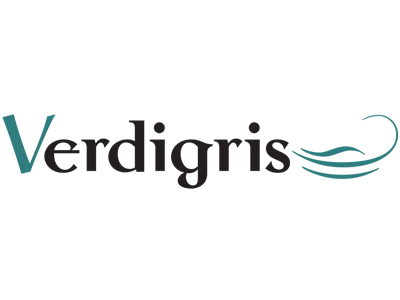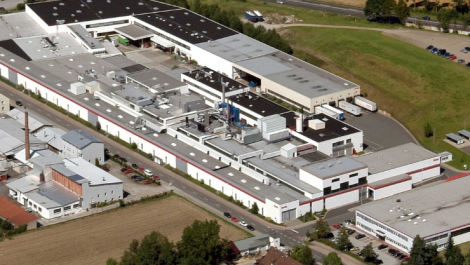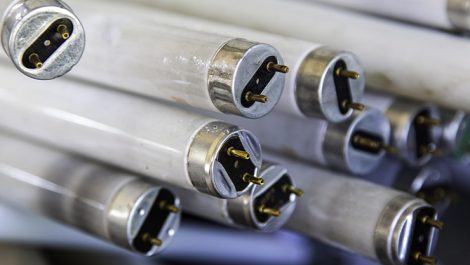James Morris, sales director at Gardners, discusses the impact that COVID-19 has had on the environment so far, and what businesses can do to ensure they’re fulfilling green promises during the pandemic and beyond to support the UK’s net-zero emissions target by 2050.
Although 2020 has undoubtedly been the year of the pandemic, and not a year that many people will soon forget, it has also been the year which has seen businesses, individuals and governments all over the globe review their ‘green’ focus and carbon footprint. When lockdown arrived in March 2020, we quickly saw environmental benefits including cleaner air, with significant impact felt due to the reduction of human activity – from production, to travel and more. With many calling for these positive improvements to continue beyond the pandemic, it’s no surprise that Boris Johnson has recently promised to ‘promote a clean, green recovery’ from lockdown and continue to work towards the UK’s net zero emissions target by 2050. However, regardless of political standpoints, it’s now time for businesses to step up to the mark and commit to green promises.
Government green promises
As of 2020, the government estimates that over 460,000 jobs have been created in low-carbon businesses and their supply chains. This industry had a turnover of more than £77 billion in 2015 – to put this into context, this is larger than both the car-making and steelmaking industries. However, there is room to further bolster this. In 2017, it was predicted that the low-carbon economy would ‘rocket from 2% of the UK’s GDP to 13% in the next three decades, boosting both manufacturing and services, but only with government support.’
Earlier this year, more than 200 UK firms and investors called for government to deliver a COVID-19 recovery plan that prioritised the environment and green efforts, with many believing that examples achieved throughout lockdown should be a driving force for continuous development. Not only is it hoped that this will drive investment in innovation, but also back sectors that support the environment, increase job retention and ensure effective goals are in place.
Focus on manufacturing
In the manufacturing sector, green promises are becoming more important than ever before as the consumer focus continues to be on green initiatives and reduced carbon emissions. During the pandemic, print manufacturer Gardners launched the pollution-eating ReactivAir coating, which has been designed to help reduce emission levels through print placements. Results from Sheffield University show 1 square meter of ReactivAir can take out about 2g of NOx per day, meaning that a single banner can remove the pollution generated from a bus or about 20 cars every single day.
At a time where carbon emissions are a key focus for the UK government, this technology could prove invaluable, particularly as businesses continue to promote their services via advertising routes to support post lockdown recovery. As such, Gardners is hoping that this coating will become the norm in the future for those hoping to promote marketing messages via print campaigns, particularly in large out of home placements.
Although the UK government has outlined initial promises for green recovery, many experts and government officials have already criticised its approach, claiming it is not going far or fast enough. The ‘One Nation’ group which represents around one-third of the Conservative Party outlined 25 recommendations for climate and environmental action. (but these have taken a back seat during the pandemic? Just wasn’t clear on point being made in this sentence).
Looking to the future
According to sustainability media group Edie, a recent poll suggests that 67% of UK voters believe that an economic recovery package which prioritises the economy in the short-term over nature and society in the long-term would ultimately “be bad for the economy”. Research shows that pre-COVID-19, 30% of manufacturers were investing in energy efficient measures, with 40% reporting an increase in profits as a result. Additionally, 90% of manufacturers are aware of the 2050 net-zero target, with nearly half already committed to following through with concrete actions to meet these objectives.
Many are now looking to the government for better incentives to invest in new technology and energy efficient measures. However, it’s imperative that businesses seek to lead the way with innovation and creativity at the fore if they wish to realise change and make an impact in a post-COVID-19 world. After all, if you could help to create a more sustainable future, then why wouldn’t you?





